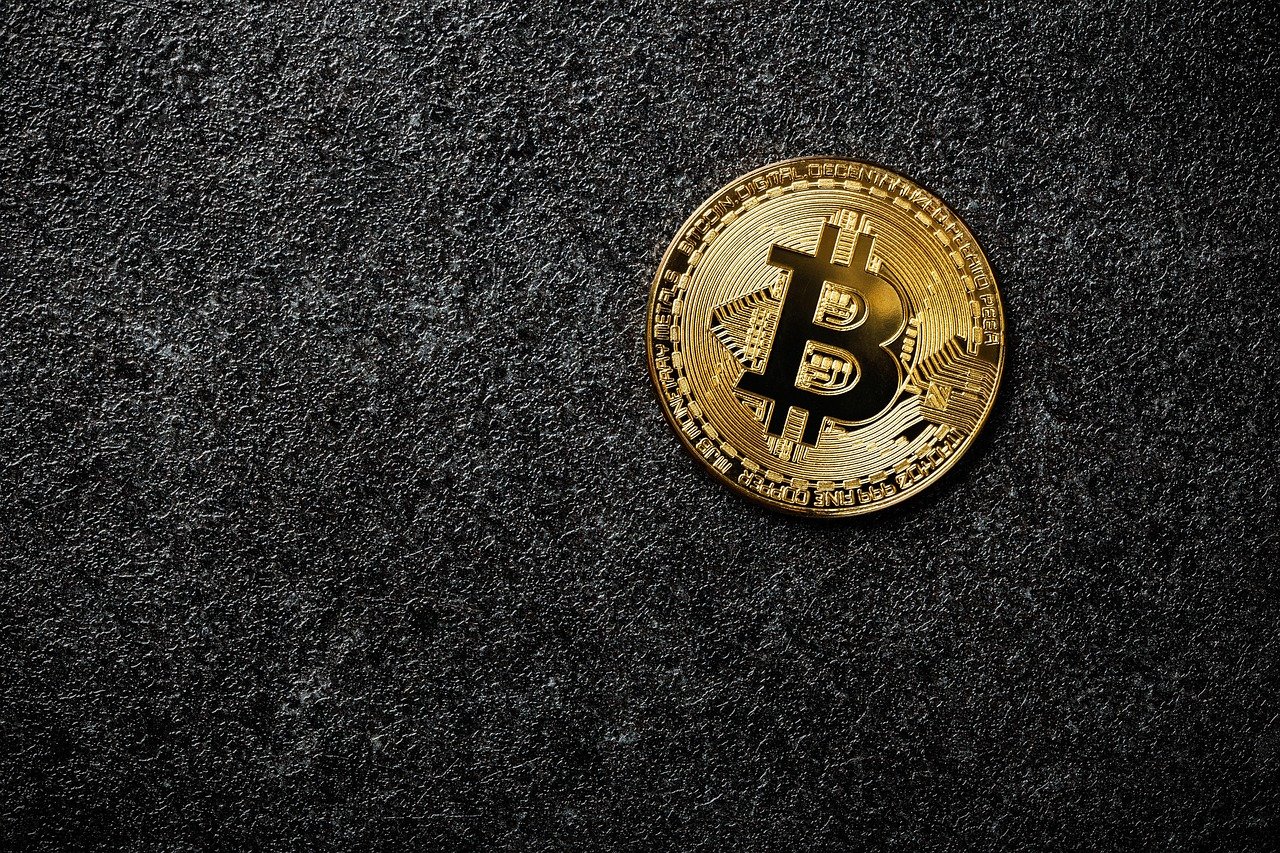Privacy is increasingly valued in the digital age, and the world of cryptocurrency is no exception. While Bitcoin and many other cryptocurrencies offer a degree of pseudonymity, transactions are often traceable on the public blockchain. This is where privacy coins come into play, offering enhanced anonymity and confidentiality. Let’s dive into the world of privacy coins and explore their functionality, benefits, and potential drawbacks.
Understanding Privacy Coins
Privacy coins are cryptocurrencies that employ various technologies to obscure transaction details, making it difficult to link transactions to specific individuals or entities. They aim to provide a higher level of financial privacy compared to traditional cryptocurrencies like Bitcoin, where transaction histories are publicly available on the blockchain.
The Need for Privacy in Cryptocurrency
The desire for privacy in cryptocurrency stems from several factors:
- Protecting financial information: Individuals may want to keep their transaction history and balances private to prevent unwanted attention or potential targeting by criminals.
- Business confidentiality: Businesses may need to maintain the confidentiality of their financial dealings to protect their competitive advantage.
- Personal autonomy: Some individuals believe that financial privacy is a fundamental right.
- Avoiding censorship: Privacy coins can provide a way to transact outside of traditional financial systems, which can be subject to censorship or control.
How Privacy Coins Work: Core Technologies
Privacy coins employ different technologies to achieve anonymity. Some of the most common include:
- Ring Signatures: Used by Monero, ring signatures combine the sender’s signature with the signatures of other users, making it difficult to determine which signature is the actual sender’s.
- Stealth Addresses: Also used by Monero, stealth addresses create unique, one-time addresses for each transaction, preventing others from linking multiple transactions to the same user.
- zk-SNARKs (Zero-Knowledge Succinct Non-Interactive Arguments of Knowledge): Used by Zcash, zk-SNARKs allow transactions to be verified without revealing information about the sender, receiver, or transaction amount. Think of it like proving you know something without revealing what it is.
- Mimblewimble: Used by Grin and Beam, Mimblewimble combines transactions to obscure the transaction graph and uses Confidential Transactions to hide transaction amounts.
Popular Privacy Coins: A Closer Look
Several privacy coins have gained prominence in the cryptocurrency space. Here’s a brief overview of some of the most popular:
Monero (XMR)
Monero is arguably the most well-known privacy coin, prioritizing privacy as its core principle. It uses ring signatures, stealth addresses, and RingCT (Ring Confidential Transactions) to obscure transaction details.
- Key Features:
Strong focus on privacy and security.
Dynamic block size to accommodate transaction volume.
Community-driven development.
- Example: If Alice sends Monero to Bob, the transaction would be mixed with other users’ transactions, making it difficult to determine that Alice was the sender.
Zcash (ZEC)
Zcash offers both shielded and transparent transactions. Shielded transactions use zk-SNARKs to provide complete anonymity, while transparent transactions function similarly to Bitcoin transactions.
- Key Features:
Optional privacy through shielded transactions.
zk-SNARKs provide strong anonymity.
Founder’s Reward for early development.
- Example: Using a shielded address, a user can send Zcash to another user without revealing the sender’s address, the receiver’s address, or the transaction amount.
Grin (GRIN)
Grin is a minimalist privacy coin built on the Mimblewimble protocol. It focuses on scalability and anonymity.
- Key Features:
Scalable due to compact blockchain size.
Strong privacy through Mimblewimble.
Community-driven development.
- Example: Grin transactions are aggregated and pruned from the blockchain, making it difficult to trace individual transactions.
Beam (BEAM)
Beam is another Mimblewimble-based privacy coin that offers optional privacy and a focus on ease of use.
- Key Features:
Optional privacy.
Confidential Assets allow for the creation of private tokens.
User-friendly interface.
- Example: Beam allows users to choose whether to make their transactions private or public.
Benefits of Using Privacy Coins
Privacy coins offer several advantages over traditional cryptocurrencies and traditional financial systems.
Enhanced Anonymity and Confidentiality
This is the primary benefit. Privacy coins make it significantly harder to trace transactions back to specific individuals or entities.
- Protection from surveillance: Prevents third parties from monitoring financial activities.
- Reduced risk of targeting: Minimizes the risk of being targeted for theft or extortion based on financial holdings.
- Confidential business dealings: Allows businesses to conduct transactions without revealing sensitive financial information to competitors.
Increased Financial Freedom
Privacy coins can provide a way to transact outside of the control of governments and financial institutions.
- Circumventing censorship: Facilitates transactions in environments where censorship is prevalent.
- Avoiding capital controls: Enables individuals to move funds across borders without restrictions.
- Empowering marginalized communities: Provides access to financial services for those excluded from traditional banking systems.
Potential for Innovation
The technologies used in privacy coins can be applied to other areas, such as secure messaging and data storage.
- Improving security: Enhancing the security of data transmission and storage.
- Protecting personal information: Safeguarding sensitive information from unauthorized access.
- Developing new applications: Creating innovative solutions that leverage privacy-enhancing technologies.
Challenges and Concerns
Despite their benefits, privacy coins also face several challenges and concerns.
Regulatory Scrutiny
Many governments and regulatory bodies are concerned about the potential use of privacy coins for illicit activities, such as money laundering and tax evasion.
- Delisting from exchanges: Some cryptocurrency exchanges have delisted privacy coins to comply with regulatory requirements.
- Increased compliance costs: Businesses that use privacy coins may face higher compliance costs to demonstrate adherence to anti-money laundering regulations.
- Potential for bans: Some countries may ban or restrict the use of privacy coins altogether.
Scalability Issues
Some privacy coins, such as Monero, can suffer from scalability issues due to the increased transaction size required by privacy-enhancing technologies.
- Larger transaction fees: Increased transaction sizes can lead to higher transaction fees.
- Slower transaction times: Processing larger transactions can result in slower confirmation times.
- Blockchain bloat: The blockchain can grow rapidly, making it more difficult to maintain and synchronize.
Complexity and Usability
Privacy coin technologies can be complex, making them difficult for average users to understand and use.
- Steep learning curve: Users may need to invest time and effort to understand the intricacies of different privacy protocols.
- Potential for errors: Misusing privacy features can inadvertently reveal transaction details.
- Limited user-friendly wallets: Fewer wallets support privacy coins compared to more mainstream cryptocurrencies.
The Future of Privacy Coins
The future of privacy coins is uncertain, but they are likely to remain a niche but important part of the cryptocurrency ecosystem. As regulatory frameworks evolve and technology improves, privacy coins may find wider acceptance and adoption.
Potential Developments
- Improved scalability: Ongoing research and development may lead to more scalable privacy solutions.
- Enhanced usability: User-friendly wallets and interfaces could make privacy coins easier to use.
- Increased regulatory clarity: Clearer regulatory guidelines could reduce uncertainty and encourage wider adoption.
- Integration with other technologies: Privacy coins could be integrated with other technologies, such as decentralized finance (DeFi) platforms.
Conclusion
Privacy coins offer a valuable tool for individuals and businesses seeking enhanced anonymity and confidentiality in their financial transactions. While they face challenges related to regulation, scalability, and usability, ongoing development and increasing demand for privacy suggest they will continue to play a role in the cryptocurrency landscape. Understanding the technologies behind these coins and the associated risks and benefits is crucial for anyone considering using them. Ultimately, the decision to use privacy coins depends on individual needs and preferences, as well as an awareness of the legal and regulatory environment.



